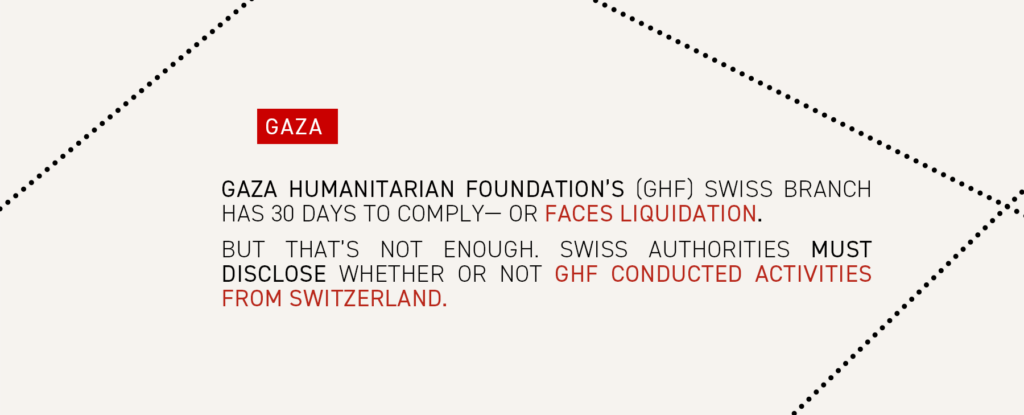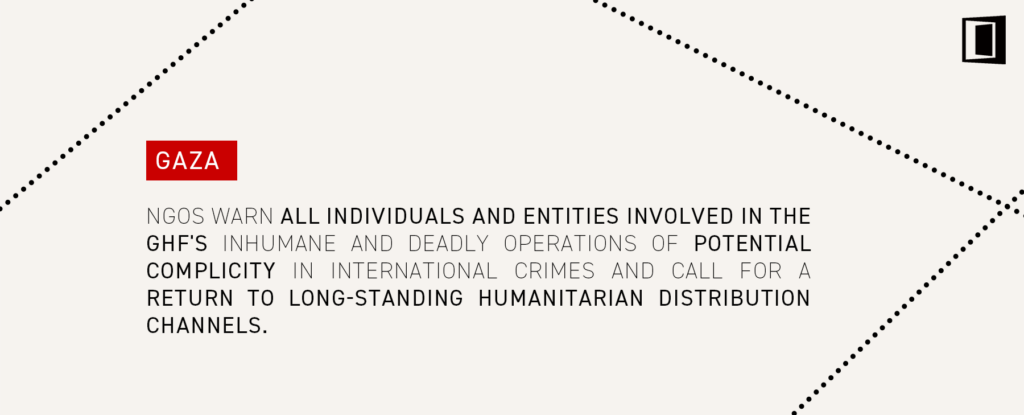Six months after its start, an update on the Sheka trial in the DRC
The hearings began in November 2018, yet they are still far from over. Why? The trial of warlord Ntabo Ntaberi, known as Sheka, is one of the most complex ever held in North Kivu.
How is the legal system supposed to adjudicate the crimes of one of the worst militias in the eastern region of the Democratic Republic of the Congo (DRC) – a militia that sowed terror over hundreds of square kilometers for more than five years?
An even more difficult question – how can victims be kept safe when the main accused, a warlord who goes by the name Sheka, still boasts of his support in the region? Through its work with the Cadre de concertation of North Kivu*, TRIAL International is helping the legal actors confront the challenges of this case.
Reasons for hope after the first hearings
The trial got off to an auspicious start. “The first victims to be heard, in February 2019, were six former child soldiers recruited by Sheka’s militia. They had spent months, sometimes years, with the group,” explains Legal Advisor Elsa Taquet, who was dispatched to Goma to follow the trial. “They provided very detailed explanations of the militia’s functioning, the chain of command leading to Sheka, and the barbaric techniques that were used to terrorize the population.”
Guaranteeing victims’ safety
The child soldiers’ participation in the hearings did not come without difficulty. An extremely detailed protection plan had to be developed… and it was soon put to the test. As the date of the hearings approached, the youths received telephone threats warning them not to testify against Sheka.
“As part of the Cadre de concertation of North Kivu, the group in charge of protection immediately organized the children’s relocation and reinforced their protection. The security plan, which TRIAL International had helped elaborate, anticipated such risks in the lead-up to the hearings. We were therefore able to react quickly,” notes Elsa Taquet. It is because of this accompaniment that the six child soldiers were able to testify before the court.
On the other hand, most of the witnesses to an incident crucial to the prosecution’s case (the attack on the village of Luvungi in July 2010) declined to appear before the court for fear of retaliation, even though a strict protection plan had been put in place. Only two women, demonstrating remarkable courage, ultimately agreed to confront their torturer. The court was especially impacted by their story, which brought to light another of the militia’s terrifying practices: mass rape as a weapon of war.
Learn more about the support provided to victims in the Sheka case
A step backward?
Unfortunately, despite their promising start, the hearings seem to be at a standstill. Sheka and his co-defendants are deploying delay tactics to draw the proceedings out. Making matters worse, the pace of the hearings slowed at the beginning of May, with the court only in session three to four hours per day, two days per week.
Of course, the court must attend to other cases in addition to this trial. Nevertheless, Elsa Taquet remains frustrated: “Given the gravity of the crimes, it is disappointing to see that the case is not moving faster. And for the victims, every postponement of their appearance increases the risks to their security, lowers their confidence in the legal system and their determination to testify… In order to keep the victims engaged and invested, the lawyers are working diligently to explain to them the twists and turns of the proceedings.”
Adapting the legal strategy
Faced with these setbacks, TRIAL International has adapted its legal strategy: the victims’ lawyers are introducing a limited number of victims and witnesses, whose testimony will serve to bolster the prosecution’s case on the next indictment counts.
Elsa Taquet defends this choice: “Our goal is to demonstrate the scope of the crimes perpetrated by Sheka’s militia. While each victim’s testimony is unique and important, some include more incriminating elements than others. We are counting on those testimonies to convince the judges of the defendants’ guilt.”
It is clear that despite these adjustments, the trial will continue for several more weeks, or even months – an exercise in perseverance for TRIAL International, its partners and above all, Sheka’s victims, who are still waiting for justice.
* TRIAL International’s work in North Kivu is conducted in the framework of the Cadre de concertation, an informal network of international actors collaborating to support the work of Congolese military jurisdictions in the investigation and prosecution of mass crimes in North Kivu.









